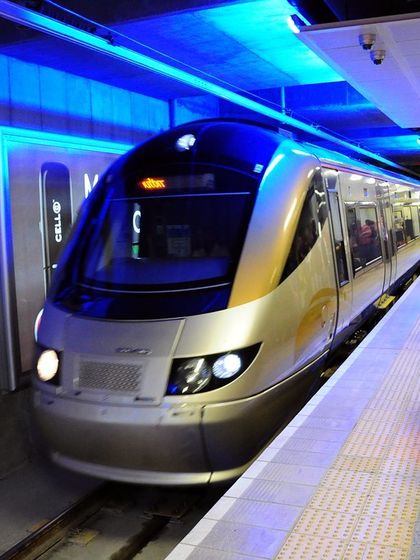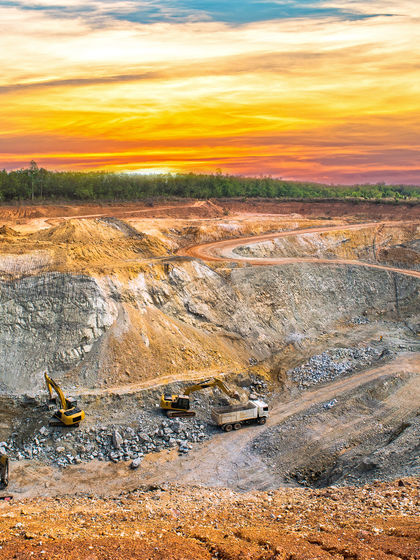Explore Our Work
A Just Transition is a multi-stakeholder, participatory process that seeks to transition the country’s economy to one that is socially inclusive, environmentally sustainable, and economically competitive on future carbon neutral markets.
Introduction to the Just Transition

As a developing country facing extreme poverty, inequality and unemployment exacerbated by the COVID-19 pandemic, South Africa has an opportunity to align decarbonization plans with economic recovery efforts to attract the foreign investment and finance we need to fund and manage a Just Transition.
A Just Transition for South Africa must ensure that the transition to a low carbon economy is conducted in a way that serves to address present and historical inequality, creates jobs, relieves poverty, and restores our natural systems to build resilience.
This web hub is the research repository of the work produced through the Just Transition Pathways project run by the NBI in partnership with BUSA and BCG as well as of other projects aligned to achieving this outcome. We welcome you to explore the research, share your views and participate in building this knowledge base in our country.
A business commitment to a Just Transition
Globally, more and more countries are adopting a net-zero emissions target by 2050. This includes the world’s largest economies (China has signalled its intention to reach net-zero by 2060) and many of South Africa’s most important trading partners. It is not a requirement of the Paris Agreement that countries indicate their long-term climate change ambitions, but countries are invited to develop Long Term Emissions Development Strategies (LEDS). South Africa’s LEDS, submitted to the UNFCCC in 2020, indicates an aspirational target of reaching net-zero by 2050.
The work done by the business community has interrogated the energy, liquid fuels, mining, chemicals, agriculture, forestry and land-use, transport and heavy industrial sectors, and has asked the question whether there are decarbonisation trajectories that would move the country to net-zero by 2050 in ways that would also create new industries, income streams and jobs.
See below a commitment to a Just Transition by the business community as well as no-regret decisions to support the transition.
Business Statement on SAs Climate Change Decarbonisation Response Pathways to Net Zero Emissions by 2050
Sector Transitions

CEO Guide
A very important year for climate change and what you need to know about ambition
This CEO guide is designed to give CEOs, executives and key decision makers within companies that information and resources (signposted by QR codes) they need to understand this urgent need to increase ambition.
Investment need
Globally, more and more countries are adopting a net zero emissions target by 2050. This includes the world’s largest economies (China has signalled its intention to reach net zero by 2060 and many of South Africa’s most important trading partners. Business recognises the need for greater ambition to position the country as an attractive investment destination and increase the chances of accessing green economic stimulus and funding packages.




